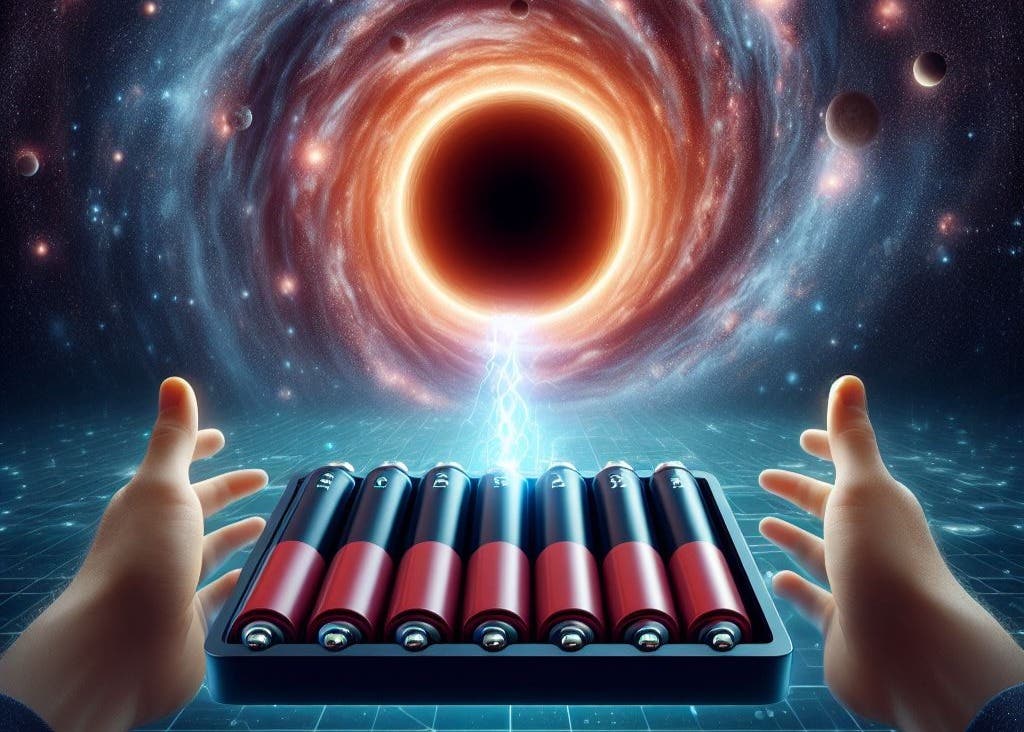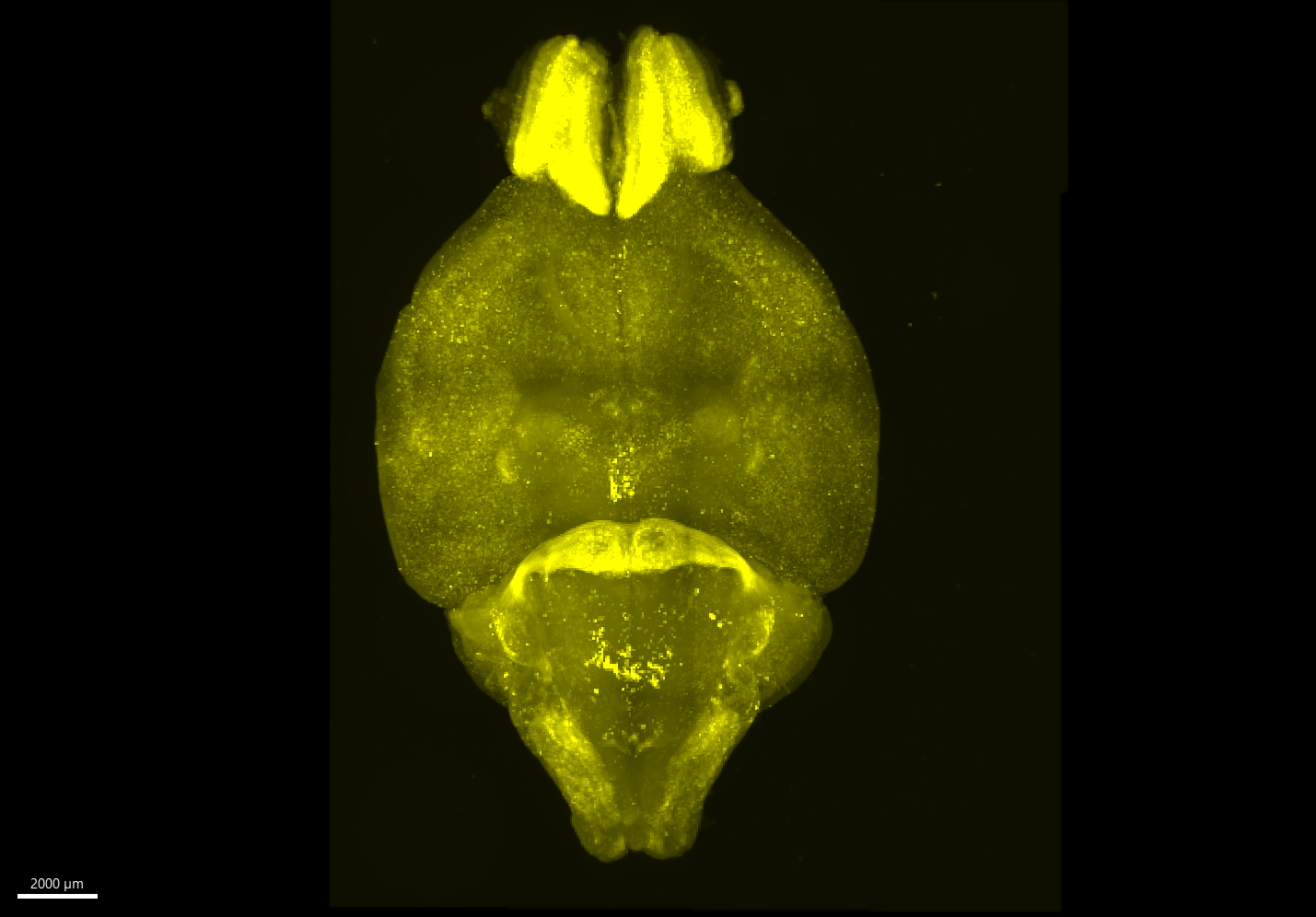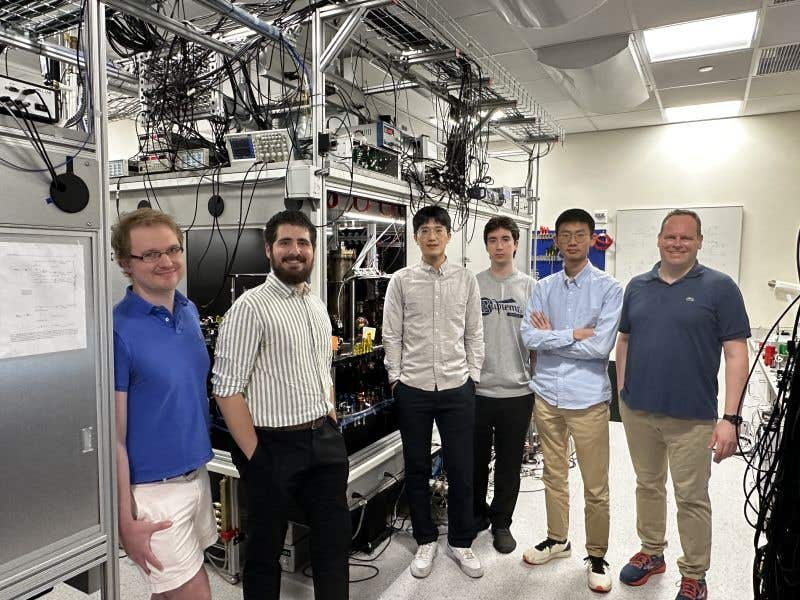Micro Black Holes: The Next Frontier in Battery Technology
Researchers look into the mind-bending idea of harnessing microscopic black holes for ultimate energy storage.

The growing demand for clean, sustainable energy is driving innovation in energy generation and storage. While advancements in solar panels and battery technology are promising, scientists are also exploring theoretical possibilities to push the boundaries of energy density.
A recent study by physicists Espen Haug and Gianfranco Spavieri look into the mind-bending idea of harnessing microscopic black holes for ultimate energy storage.
Shattering Efficiency Limits: The Quest for Super-Batteries
Our current energy landscape hinges on minimizing reliance on fossil fuels. This quest for clean energy sources is coupled with the challenge of efficient, large-scale energy storage. Battery technology is rapidly evolving, with increasing storage capacity and decreasing costs. However, existing lithium batteries have limitations. Despite their dominance, they only offer around 954,000 joules per kilogram, roughly equivalent to 22 times the energy from burning a kilogram of oil.
Haug and Spavieri believe we are at the dawn of a "battery revolution," with the potential to vastly exceed existing energy densities. They propose a theoretical framework for "micro black hole batteries" based on Einstein's theory of relativity.
Black Hole Mechanics: A Theoretical Powerhouse
The concept hinges on the behavior of microscopic black holes confined in a hypothetical scenario. Based on the equations describing non-rotating, perfectly spherical masses, Haug and Spavieri explore the interaction of these theoretical, energy-dense black holes.
In this model, the extreme gravitational pull is balanced by the electromagnetic repulsion between identically charged black holes. This creates a stable configuration that prevents self-destruction, unlike larger black holes.
Related Stories:
The proposed system leverages the energy stored within the particles' bonds. Oppositely charged micro black holes, each with a Planck mass (the smallest possible mass unit), could be carefully merged, releasing enormous amounts of clean energy through a process akin to controlled black hole evaporation.
Crucially, the energy wouldn't come from the black hole itself, but from the region around it, where gravity concentrates energy.
Beyond the Horizon: Feasibility and Future Implications
While the concept is mind-bending, it's not entirely out of the realm of possibility. Tiny black holes, remnants of the Big Bang, are theorized to exist but remain undetected. However, manipulating these microscopic phenomena for energy storage remains purely hypothetical.
Haug and Spavieri acknowledge the immense challenges: "achieving such a level of technological advancement is certainly not imminent."
The true value of this exploration lies in highlighting the vast potential for future battery technology. Their estimations are staggering – a single kilogram of a micro black hole battery could theoretically power a family for generations, offering 470 million times the energy of our most efficient 200-kilogram lithium batteries.
Building on Past Ideas: The Gravity of the Challenge
This is not the first foray into harnessing black holes for energy. Previous research explored similar concepts using Schwarzschild black holes. However, Haug and Spavieri propose using charged black holes described by the Reissner–Nordström metric, claiming an eightfold increase in energy density.
The practical hurdles are immense. The existence and manipulation of these tiny, non-rotating black holes remain hypothetical. Even creating them would require technology far beyond our current capabilities. The authors themselves acknowledge the improbability: "If we use strategically placed neutron stars as magnets, this would still require [a particle] accelerator around the size of the Solar System."
A Spark for Future Innovation
While "micro black hole batteries" remain firmly in the realm of science fiction, the study serves as a thought experiment, highlighting the immense potential for pushing the boundaries of energy storage. It reinforces the urgency of the energy transition and the need for creative solutions to achieve a sustainable future.
As Haug and Spavieri conclude, "never say never." The exploration of this seemingly outlandish idea could spark future breakthroughs and guide the trajectory of battery technology towards a cleaner, more secure energy future.
For more science news stories check out our New Innovations section at The Brighter Side of News.
Note: Materials provided above by The Brighter Side of News. Content may be edited for style and length.
Like these kind of feel good stories? Get the Brighter Side of News' newsletter.



